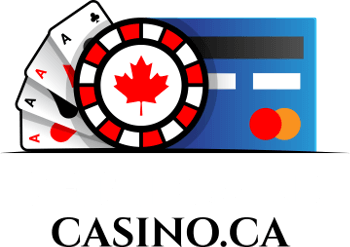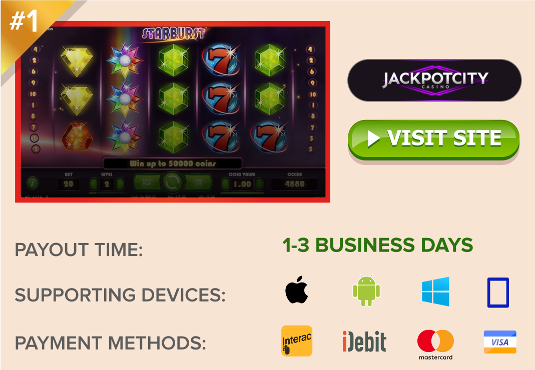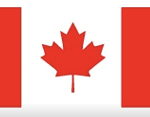How to Win Omaha High Low Poker

How to Play Omaha Hi-Lo and Win
Omaha H/L is a game of many layers. It is one largely dominated by today’s elite professionals. You, too, can learn to play like the pros by following this step-by-step monography of the game. You’ll learn the rules, how to read starting hands, how to identify advantageous opportunities, and a few other handy tricks for scooping the pot.
1. The Rules of Omaha High-Low 8 or BetterThe following rules assume that you already know how to play Omaha Hold’em; the High version of this unique poker game. In order to play Omaha, you must first understand Texas Holdem. If you are lacking knowledge of either of these two games, it is virtually impossible to play Omaha 8/B with any chance of success. If that’s the case, please refer to these links before continuing. Once you’ve become at least an average Texas Holdem and Omaha Holdem player, only then should you attempt to master the art of Omaha Hi-Lo. That being said, let’s talk about how to play Omaha Hi-Lo. As you already know, the game provides each player with 4 hole cards and 5 community cards. From these, players are tasked with choosing exactly 2 hole cards and 3 community cards to develop the best possible poker hand. But remember, we’re playing two hands here, not just one… Omaha 8/B High Hand RulesThis is the hand you should already be familiar with. The winner is the player who holds the highest ranking poker hand at the showdown, according to standard poker hand ranks. Note that you can use any of your two hole cards, combined with any three community cards, to develop the highest ranking hand possible. Omaha 8/B Low Hand RulesThe term “8 or better” refers to the rules designating a properly set low hand. In order to qualify, this hand must include 5 different cards that do not exceed a value of 8. Eligible cards are A, 2, 3, 4, 5, 6, 7 and 8. No two cards may repeat (no pairs, sets, etc). Straights and flushes, however, are ignored, and will not count against you. If you cannot select two hole cards and three community that develop a hand of A thru 8, with no pairs or better in the mix, you will not qualify for the low hand. Important Notes About Hand DevelopmentThe most important nuances you need to remember when playing Omaha High Low are:
For a much more detailed summation of the rules, please visit this page: 2. Scooping the PotAs I’ve mentioned already, the ultimate goal in Omaha 8 is to “scoop the pot”, which – if you haven’t figured this out yet – means to win the hole pot; not just the High or Low half of it. Yes, winning half of the pot is admirable, but the more the merrier, as the old adage goes. To win the full pot, you need to be able to split your focus in both directions – winning the High poker hand, and the Low poker hand. There are no qualifying rules for the High hand, thus, the very first thing you need to assess is whether you have a chance at the Low hand. Which brings us to… 3. Starting Hand AssessmentFrom your four hole cards, immediately determine whether two of them qualify for the Low hand. If you’re holding something like AK94, or QT33, you cannot possibly qualify. The best you can hope for is winning half of the pot. You should not be willing to invest much, if anything, in a pot where 50% is the best outcome. If you are holding a potentially valuable Low hand, how does it stack up for the High hand? A hole of 2-4-6-7 looks sweet on one end, but terrible on the other. Again, you should not be willing to invest much in a starter like this. The best starting hands are those that have the potential to grow into a 100% scoop of the pot. A-A-K-2 would be ideal, especially if if comes double-suited. A good rule of thumb would be to fold pre-flop unless you have a hand that’s capable of 1) competing for both the High and Low hand, 2) one of the Top 30 Omaha High starting hands, or 3) you’re checking from the big blind (i.e. it’s free to do so). 4. Pre-Flop – Bet ConservativelyIn 99% of all cases (where you haven’t already folded), conservative pre-flop betting is the key to bankroll longevity. Until you see the flop, you really have no idea what your hand is capable of. Rarely, if ever, will you raise pre-flop. 5. Post-Flop – Go Big or Go HomeOnce you’ve seen the first three community cards, you can again assess the value of your hand, and determine qualification for a low hand. You are going to fold most of the time. Don’t commit to what probably isn’t there. This is why we don’t raise pre-flop – to make it easier to fold post-flop. Fold and fold often! Only when you’ve got the nuts, or at least strong pot odds, should you move forward. When you do, be aggressive. The fewer players who follow you to the Turn/River, the less likely you are to lose to a bad beat. 6. Opportunities to Look ForKeep your eyes open for these opportunistic situations:
7. Avoid Negative Expectation SituationsWatch out for these pitfalls, and be quick to fold when they occur.
8. Know Thine EnemyThere’s an awful lot you have to pay attention to during an Omaha High Low hand, and you’ll need to add your opponents’ behavior to that list. The more observant you are, the quicker you’ll be able to put them on hand ranges and recognize any corresponding betting patterns. This is where experience comes in to play, and the very reason the world’s best poker players excel at this game. The more you play Omaha 8/B, the less you have to think about your cards, or how to play them (although you should never get stuck in a pattern, lest you be the one that’s easily read). As such, the less thought you put into the game play, the more energy you can put toward assessing the competition. Today’s elitists make it look so easy. Canada’s top-ranked pros, Daniel Negreanu and Kristen Bicknell, make it look so easy, like they could nap through the game and still come out on top. It would take years of practice for most of us to have any hope against players of their caliber. But with the right knowledge and dedication, you can easily outrank and outwit the average players. |
|
Disclaimer – Not all forms of gambling are legal in all provinces of Canada. The legal age to gamble also varies by province. Breaking the law is a serious matter. The information provided on this website is meant for educational purposes only, and we will not be held liable for any irresponsible / illegal activity on your part. Know the gambling laws in your province and follow them. The following pages provide more information on Canadian gambling laws:
|
 Jackpotcity.com is our editorial pick for your gaming needs. Currently offering an entire suite of casino games, as well as a wide range of Canadian deposit options, JackPotCity truly offers world-class gaming.
Jackpotcity.com is our editorial pick for your gaming needs. Currently offering an entire suite of casino games, as well as a wide range of Canadian deposit options, JackPotCity truly offers world-class gaming.





